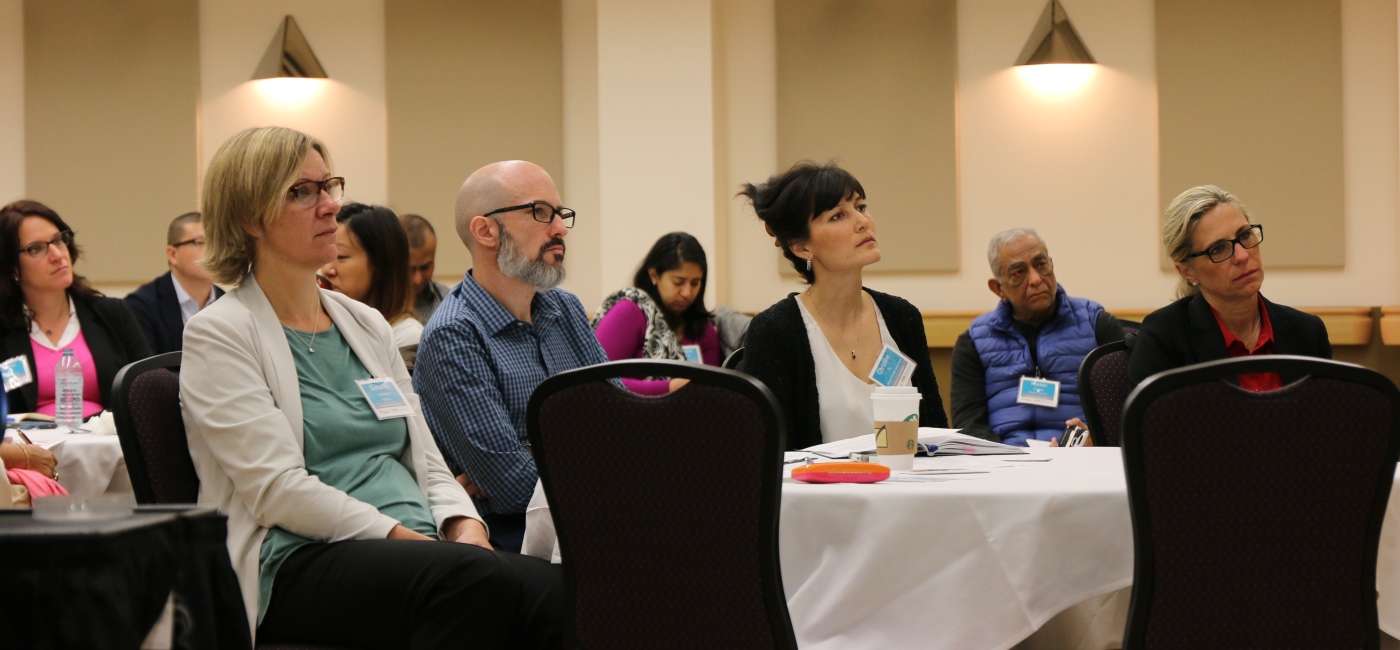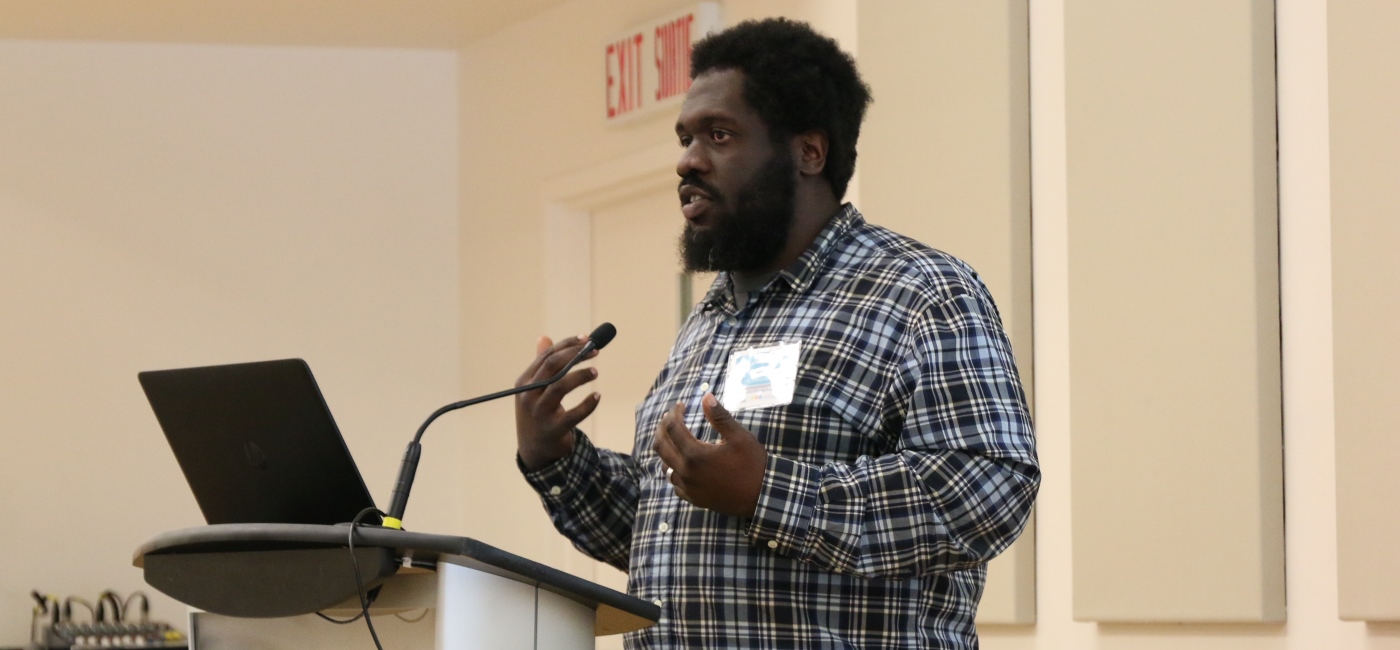June 13, 2017
Climate Data Training Sessions for Engineers, Planners and Decision Makers
The purpose of this training was to improve the understanding of municipal and practitioners in conservation authorities on climate change, and increase their confidence in working with climate change data.
Context
The Ontario Climate Consortium hosted two climate data training sessions at the Ontario Science Centre on April 26, 2017. The training sessions were structured to first provide contextual information for all the trainees. The topics that were covered during this session in the morning include: national and provincial climate change adaptation policy, climate change modelling concepts, climate impacts in Ontario, as well as the link between data and the process of building resilience.

Subject specific training was then provided, specifically focused on engineering and planning. Training topics relevant for these disciplines were covered through a suite of case studies, which incorporated important lessons on climate information and on building resilience in Ontario. Finally, an overview of the legal implications and importance of climate change were presented to wrap up these training sessions. This legal aspect of the training included the concepts of due diligence and negligence, in light of climate change. This topic was covered in order to emphasize the importance of understanding and incorporating the best information and data available in these practitioners’ work.
The trainers who presented at the event were practitioners and academics who have knowledge and experience on how to use available climate data to move adaptation forward within specific contexts. These included members of McMaster University, York University, University of Waterloo, the City of Toronto, City of Mississauga, City of Markham, City of Vaughan, York Region, Durham Region, Region of Peel, the Toronto and Region Conservation Authority (TRCA), Ontario’s Ministry of Transportation, Toronto Hydro, Metrolinx, Zizzo Strategies Inc., Risk Sciences International, the Ministry of the Environment and Climate Change, and the Ontario Climate Consortium Secretariat.
Goals:
The objective of this training was to improve the understanding of municipal and practitioners in conservation authorities on climate change, and increase their confidence in working with climate change data.
Next Steps:
Communication among participants following the climate data training sessions revealed what went well in the training and what they are looking for into the future. Participants indicated they want more time for discussion after each presentation. There were also suggestions to include more ‘analytical’ working sessions in future trainings to ensure all participants can have expert advice on how to use available climate data effectively in their programs. What was also demonstrated following the event was that practitioners are moving forward from policy to implementation when it comes to climate change adaptation using data. This was made evident by the fact that there were suggestions to include discussions surrounding the legal aspect of climate change.
Overall, the feedback we received following the climate data training sessions demonstrated an overwhelming interest and support to organize similar or even more advanced training sessions that are more ‘hands-on.’

Product
Presentations
Context Setting
Training for Planners
Training for Engineers
Wrap-Up


